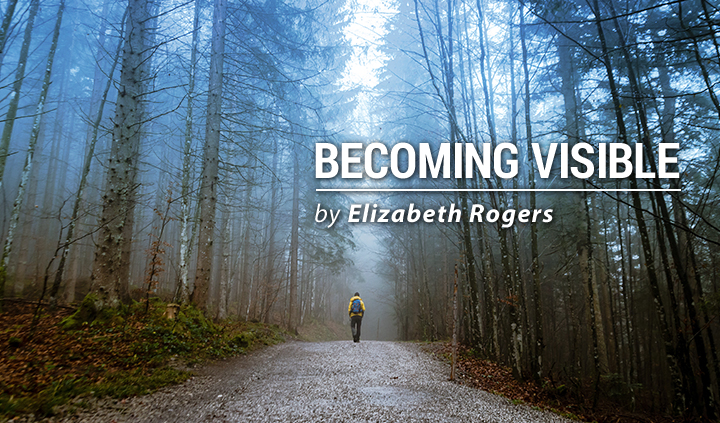There Are Many Ways to Participate in Cystic Fibrosis Awareness Month
Written by |

The month of May rolls around and I find myself trying to take the perfect selfie.
I want to capture not only my face, but also my percussive Vest device and my nebulizer. But getting it all into one shot is tricky; at some angles, I don’t like the way my chin or the imperfections on my face look. I worry that I’m holding the nebulizer too far to the side and that people will call me out on it. Can they tell that my Vest is actually currently off?
It’s Cystic Fibrosis Awareness Month again. Most people had an online post ready to go on the first day. By day three, I’d finally concocted something that is both sincere and informational enough to feel like it’s coming from me, rather than as if I were parroting another influencer.
Every year I struggle with participating. First, I’ll say that I’ll have a post every day, then every other day, and eventually I’ll settle for trying to get one a week up. Part of me doesn’t know how to feel — do I genuinely want to educate or do I just feel obligated? Worse, am I just looking to score points in some invisible game of social media bingo?
I genuinely do like to educate people about my cystic fibrosis, but I struggle with the pressure of feeling like I need to. All too often, the burden of education falls upon the disabled individual, rather than the person asking questions. There’s a lingering sense of obligation: If you don’t teach them, you’re a bad person, you’re not doing enough for the community, or you’re just not a good enough patient. That’s why May is so difficult for me — I want people to learn and to donate, but I hate feeling like if I don’t participate, I’m somehow not involved in the community that surrounds my own illness.
Whether or not someone chooses to talk about their disability is an immensely personal decision. Some people are uncomfortable speaking about it, and that’s OK. For others, becoming the center of attention in that manner is a negative experience, highlighting all of the ways they are different from their peers. The focus can be intense and bright, and the questions for your perceived audience uncomfortable and probing.
Even if one does choose to talk about their experiences, the way they go about it can change. Though the social media model of talking about cystic fibrosis is in vogue, it’s not always the best or most comfortable way to do things. It’s kind of a shame that large organizations seem to reach out specifically to influencers to speak, rather than casting a broader net; they’re shutting out voices that might otherwise have valuable input.
Some choose to write about it, like I do. Fiction, poetry, and art are all valid ways of expressing yourself. Sometimes, though, these may be more difficult to make viral, and therefore they may seem less legitimate in the eyes of many.
No one should feel obligated to step forward in May and lay themselves bare. Those who do are certainly providing a service, but choosing to talk doesn’t necessarily make you a better person, or more helpful. Similarly, social media posts aren’t the only way to spread the word. However you choose to do so, or whether you do or not, also are valid decisions.
***
Note: Cystic Fibrosis News Today is strictly a news and information website about the disease. It does not provide medical advice, diagnosis, or treatment. This content is not intended to be a substitute for professional medical advice, diagnosis, or treatment. Always seek the advice of your physician or other qualified health provider with any questions you may have regarding a medical condition. Never disregard professional medical advice or delay in seeking it because of something you have read on this website. The opinions expressed in this column are not those of Cystic Fibrosis News Today, or its parent company, Bionews Services, and are intended to spark discussion about issues pertaining to cystic fibrosis.







Leave a comment
Fill in the required fields to post. Your email address will not be published.